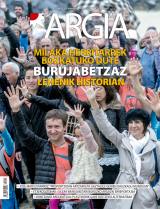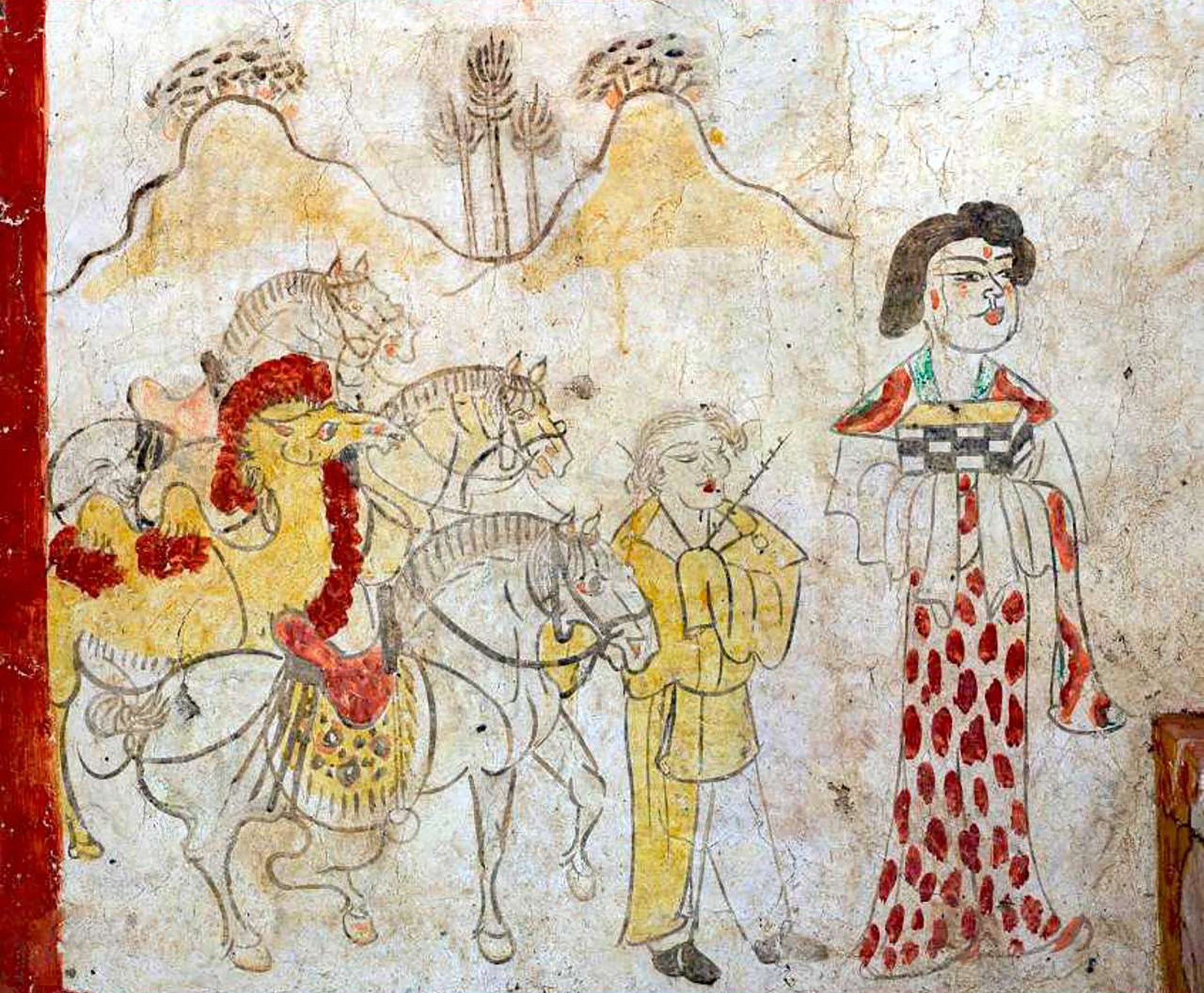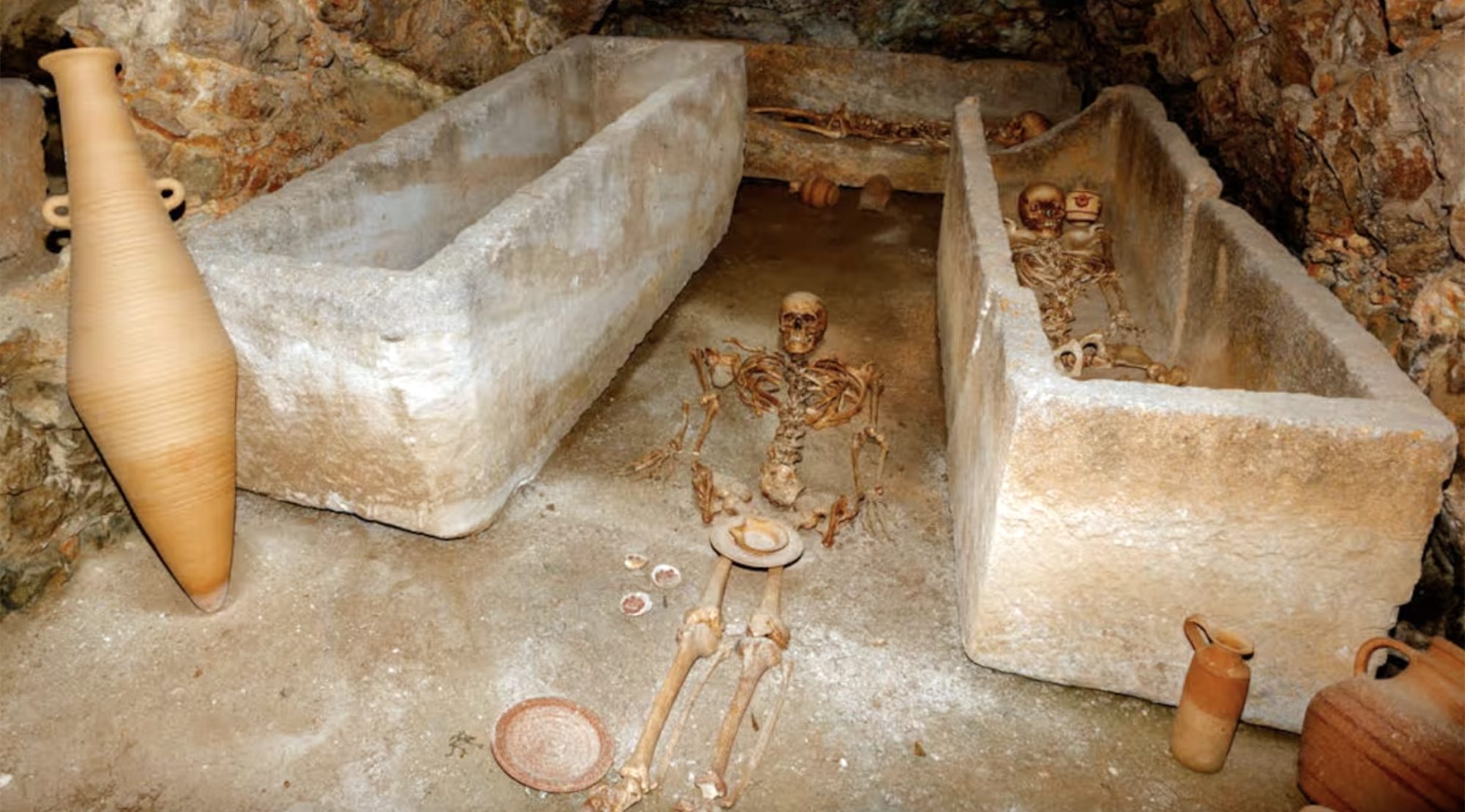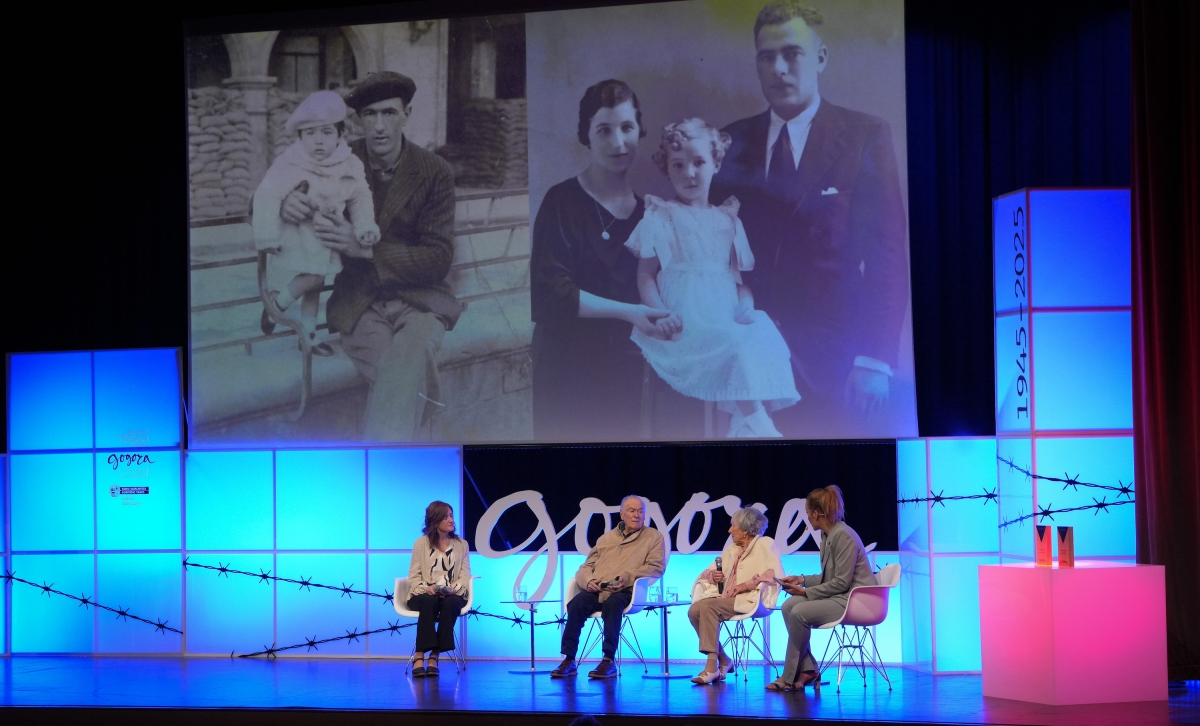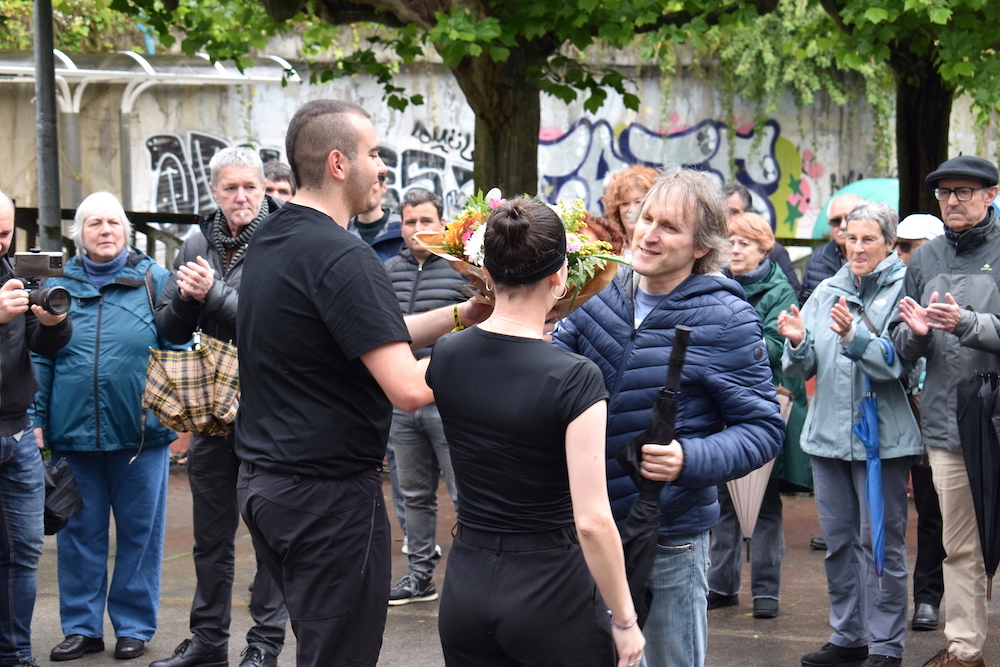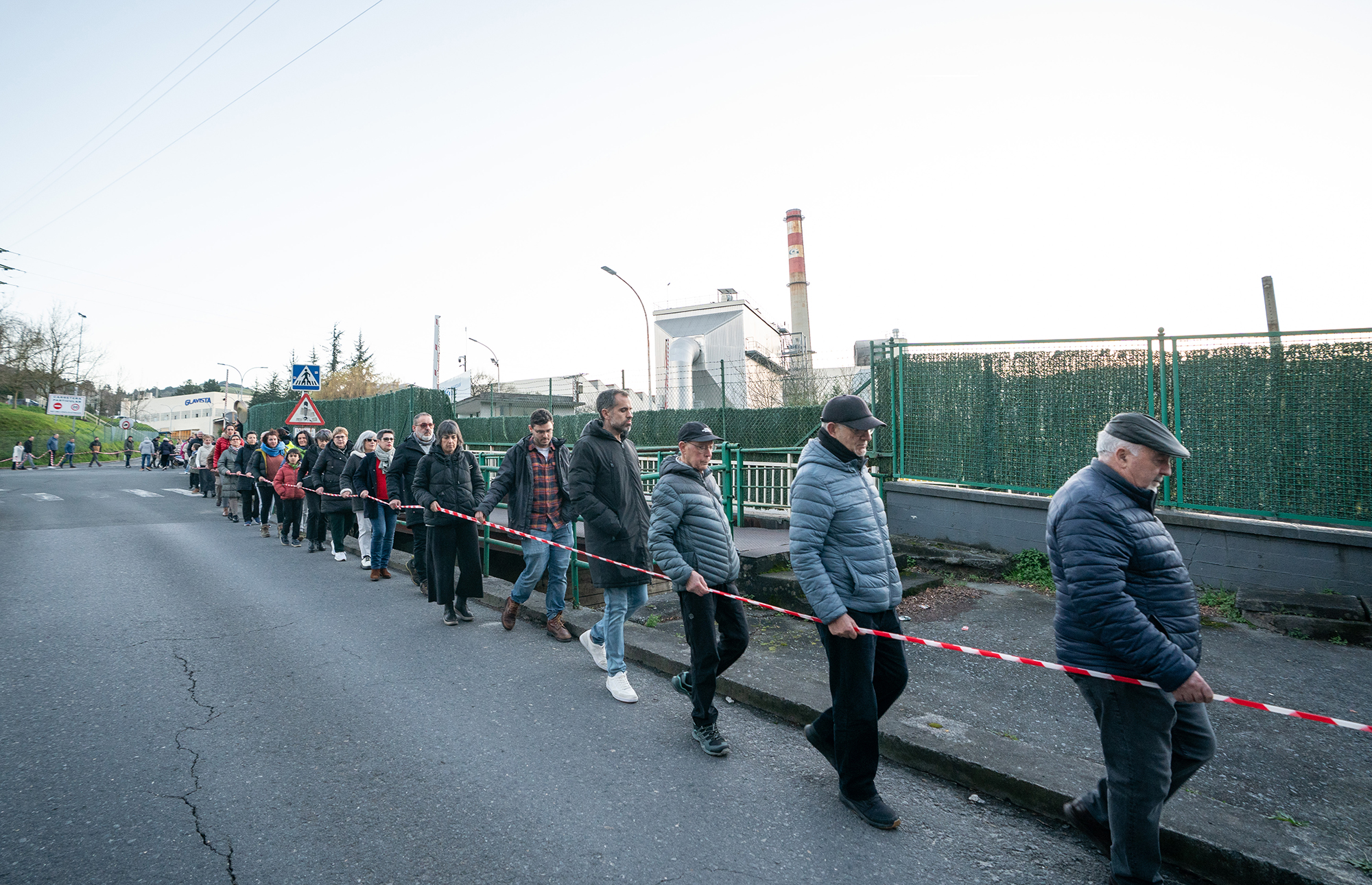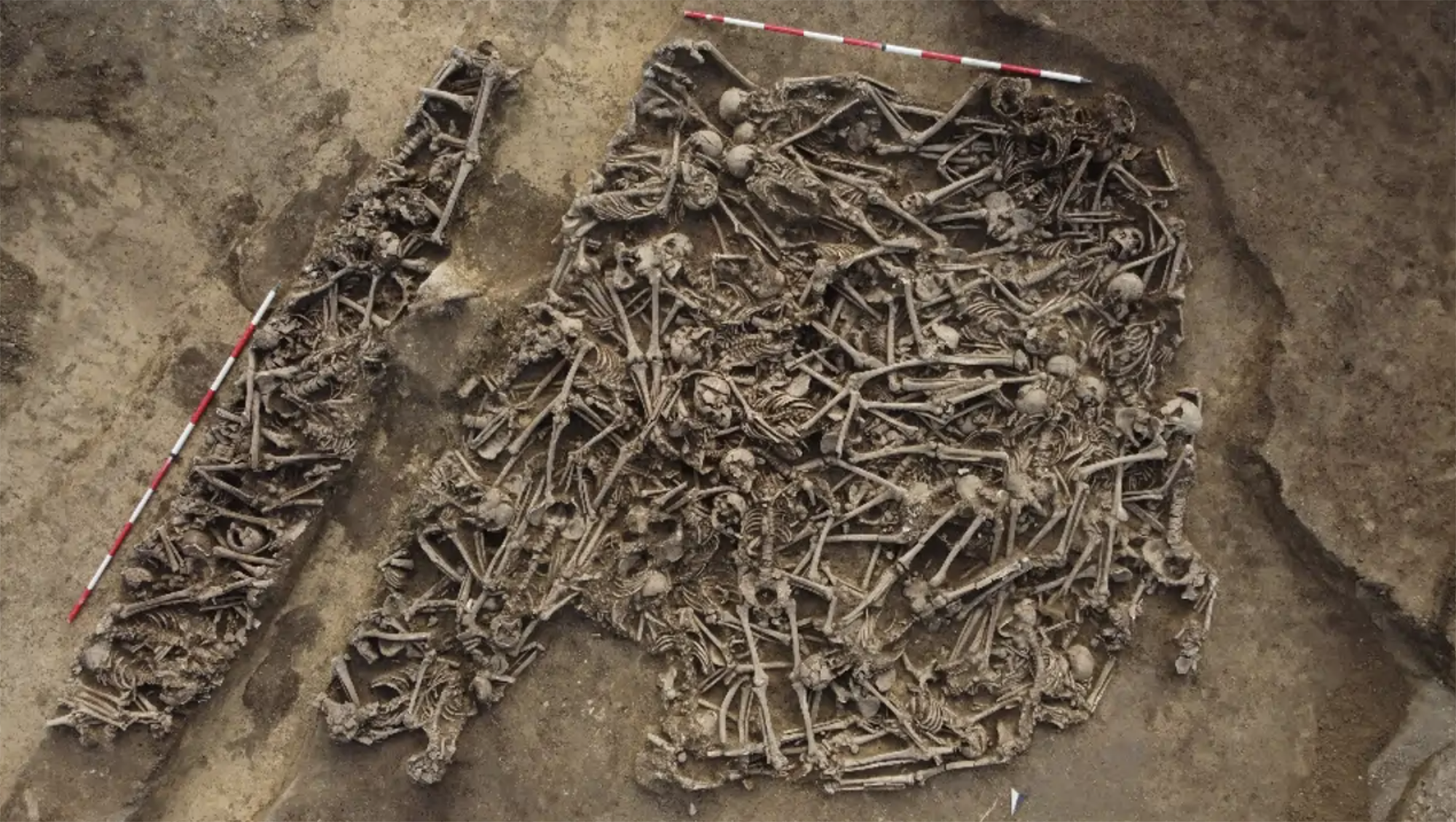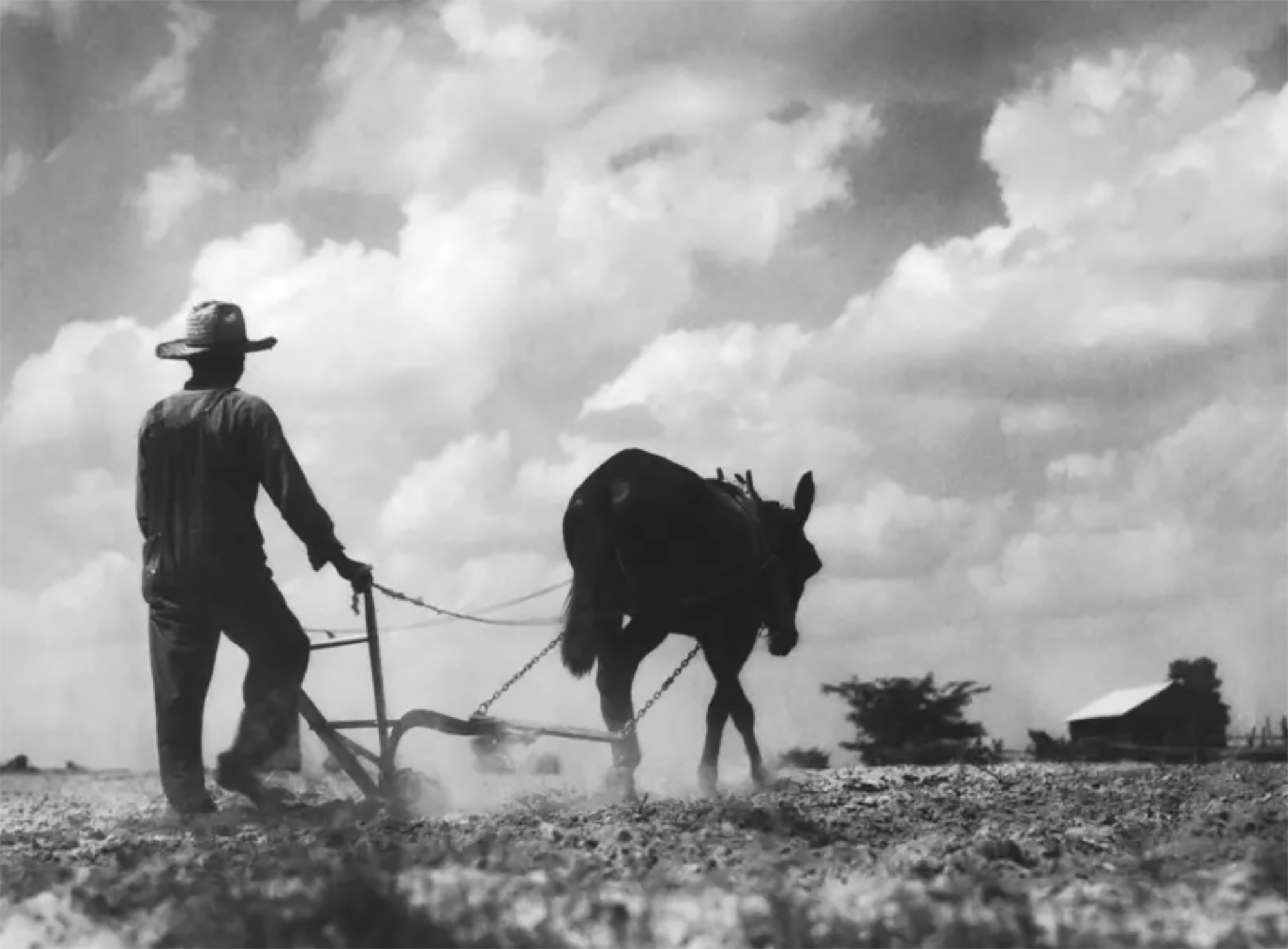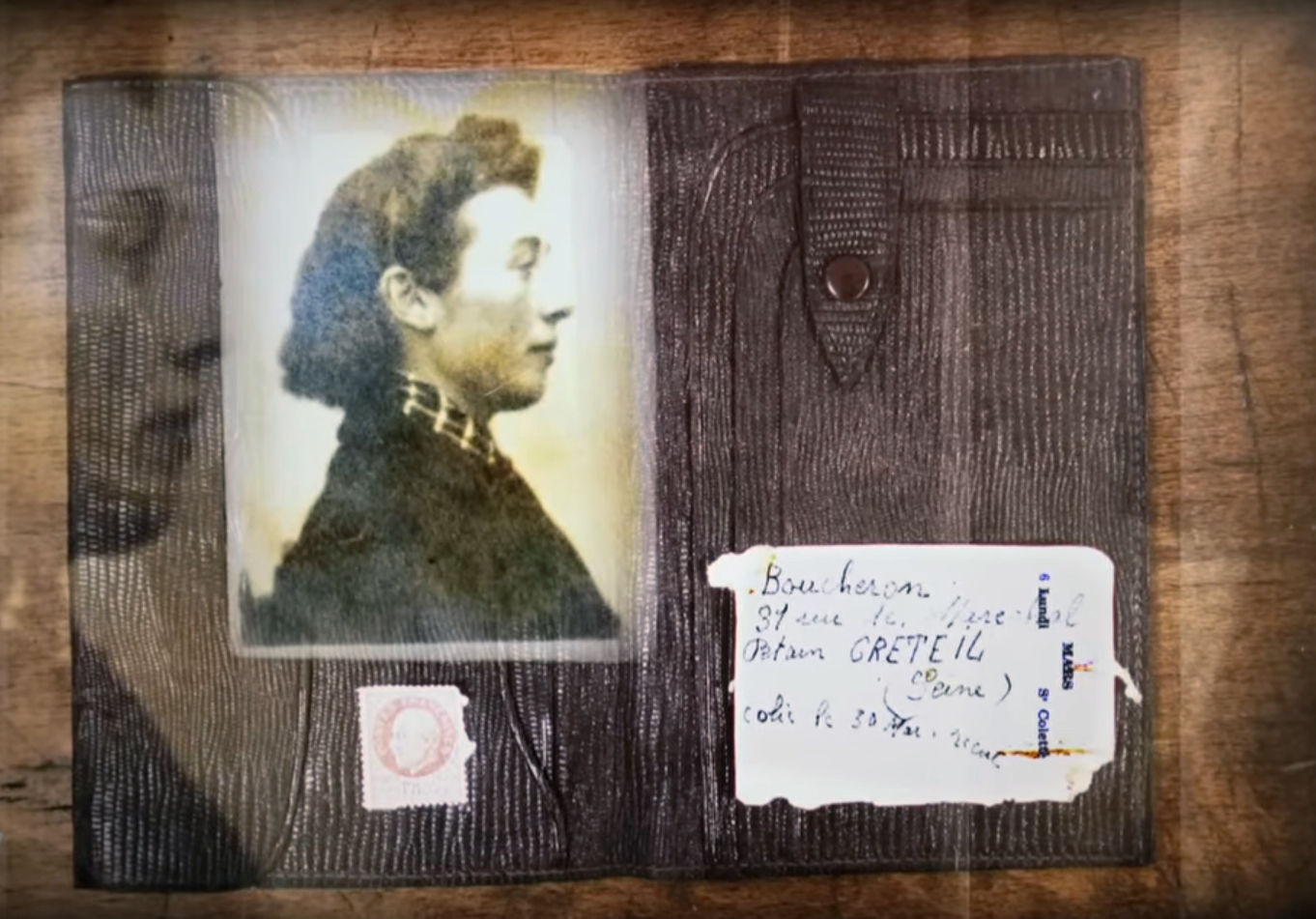Hans Massaquoi, black among the Nazis

Born 19 January 1926. Hans-Jürgen Massaquoi was born. His mother was Berta Beatz, a German nurse, and his father was Al-Haj, son of the Liberian consul, Momulu Massaquoi. The father did not take care of the newborn child, but the grandfather received the mother and the son in the consulate with open arms.
Hans lived in the early years in a parallel reality. While nationalism took hold abroad, in the Consulate most of the surrounding areas of Hansen were black and some domestic whites worked for the Liberian chiefs. On the street, the exotic child received care and adulation. When blacks were above whites, their race seemed advantageous.
In 1932, the consul had to return to Liberia and mother and son moved to a penthouse with no light or water. There ended the easy life I had had until then. The following year, Hindenburg appointed Hitler as Chancellor.
Like many others of his age, he was seduced by the Nazi glow. When her mother worked, she commissioned the neighbor who was caring for Hans, Aunt Möller, to sew svastika in the jersey. In 1936, at ten years old, Deutsches Jungvolk wanted to join the Hitler Youth Children's Group, but they did not allow it. I was a good student and I wanted to be an engineer. But in 1938, the principal of the school failed his report to ensure that the mulatto of students would not reach high school and, therefore, would not study at the university. He entered as an apprentice at a hardware store and there he was there for several years.
When the war broke out, he had not been recruited and, although he was intending to go to the forefront voluntarily, the army opposed it.
Once, a member of the Nazi Party attacked him in a bar and it was his mother, Bertha, who arrested the aggressor. On another occasion, they gave him an allied pilot in the war, and he came out unharmed. But blacks were not systematically persecuted, like Jews or Gypsies. They were considered inferior beings, but there was no need to exterminate them.
After the war he left first to Liberia and then to the United States. He studied Journalism and participated in the civil rights movement led by Martin Luther King, among others. Until his death in 2013, he insisted that Germany was his homeland.
In the Chinese province of Shanxi, in a tomb of the Tang dynasty, paintings depicting scenes from the daily lives of the dead are found. In one of these scenes a blonde man appears. Looking at the color of the hair and the facial expression, archaeologists who have studied the... [+]
Carthage, from B.C. Around the 814. The Phoenicians founded a colony and the dominant civilization in the eastern Mediterranean spread to the west. Two and a half centuries later, with the decline of the Phoenician metropolis of Tyre, Carthage became independent and its... [+]
Salvador Puig Antich frankismoaren kontrako militantea izan zen. Askapen Mugimendu Iberikoko kidea, 1973ko irailaren 25ean atxilotu zuten. Gerra-kontseilua egin zioten, eta garrotez exekutatu zuten handik sei hilabetera, 1974ko martxoaren 2an. Aurtengo otsailean baliogabetu du... [+]
Rudolf Botha hizkuntzalari hegoafrikarrak hipotesi bat bota berri du Homo erectus-i buruz: espezieak ahozko komunikazio moduren bat garatu zuen duela milioi bat urte baino gehiago. Homo sapiens-a da, dakigunez, hitz egiteko gai den espezie bakarra eta, beraz, hortik... [+]
Böblingen, Holy Roman Empire, 12 May 1525. Georg Truchsess von Waldburg overthrew the Württemberg insurgent peasants. Three days later, on 15 May, Philip of Hesse and the Duke of Saxony joined forces to crush the Thuringian rebels in Frankenhausen, killing some 5,000 peasants... [+]
During the renovation of a sports field in the Simmering district of Vienna, a mass grave with 150 bodies was discovered in October 2024. They conclude that they were Roman legionnaires and A.D. They died around 100 years ago. Or rather, they were killed.
The bodies were buried... [+]
Washington, D.C., June 17, 1930. The U.S. Congress passed the Tariff Act. It is also known as the Smoot-Hawley Act because it was promoted by Senator Reed Smoot and Representative Willis Hawley.
The law raised import tax limits for about 900 products by 40% to 60% in order to... [+]







